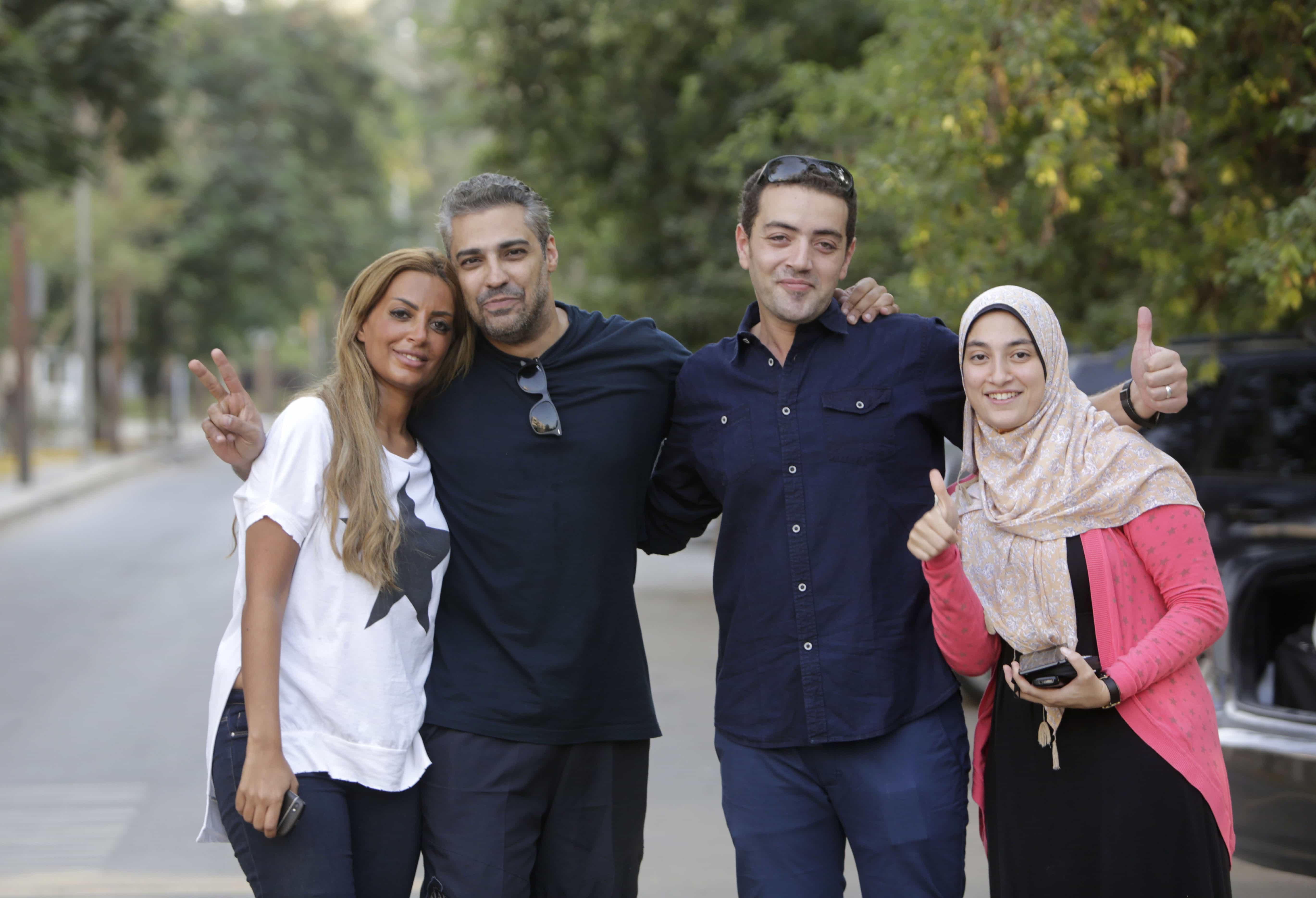Despite today’s development, IPI noted that journalists in Egypt continue to face a number of challenges to press freedom and it urged authorities to implement a broad list of recommendations IPI released last month aimed at reversing the ongoing deterioration of press freedom in the country.
This statement was originally published on freemedia.at on 23 September 2015.
By Rebecca Hetzer
The International Press Institute (IPI) today welcomed news that Egyptian President Abdel Fattah al-Sisi has pardoned Al Jazeera journalists Mohamed Fahmy and Baher Mohamed, but it said much more needed to be done to improve press freedom in the country.
“We are pleased that this years-long nightmare for our colleagues Mohamed Fahmy and Baher Mohamed appears finally to be drawing to a close, but we remain deeply concerned about the many other journalists still in prison and the overall atmosphere that the news media in Egypt faces,” IPI Director of Advocacy and Communications Steven M. Ellis said.
“We urge Egypt’s government to release all journalists in prison in connection with their work, to reform overly broad anti-terrorism laws which stifle journalists’ ability to report, to ensure that Egypt’s judges are free to – and, in fact, do – act independent of political pressure, and to take steps to protect and promote the guarantees of free expression set forth in the country’s Constitution.”
Fahmy and Mohamed were among 100 prisoners pardoned by the president today ahead of the Islamic festival of Eid al-Adha. News of the pardon arrived one day before al-Sisi is set to travel to New York to attending the 70th session of the U.N. General Assembly.
The two were arrested in 2013 along with Peter Greste, who earlier this year was deported to Australia, on charges of illegally broadcasting from a Cairo hotel, spreading “false news” and “damaging national security.” They were convicted and ultimately spent more than 400 days in jail before being released in February 2015. A court granted a retrial in their case, but that ended in a widely condemned second conviction last month.
It was not immediately clear today whether Greste was included in the presidential pardon.
Despite today’s development, IPI noted that journalists in Egypt continue to face a number of challenges to press freedom and it urged authorities to implement a broad list of recommendations IPI released last month aimed at reversing the ongoing deterioration of press freedom in the country.
In addition to anti-terrorism legislation enacted last month that prohibits journalists from reporting on terrorist attacks in a way that contradicts the official versions of events and other problematic restrictions in the country’s Penal Code, dozens of journalists remain behind bars in Egypt, the New York-based Committee to Protect Journalists (CPJ) found in a survey released on Aug. 12.
One of those journalists is 27-year-old Egyptian freelance photojournalist Mahmoud Abou Zeid, also known as “Shawkan”, who has been held since August 2013 is reportedly accused of belonging to a banned group, murder and attempted murder. He was arrested while covering a sit-in held at Cairo’s Rabaa Al-Adawiya square to protest the forced removal of former Egyptian President Mohamed Morsi.
In another high-profile case, an Egyptian court in April sentenced one journalist to death and 13 others to life in prison.



